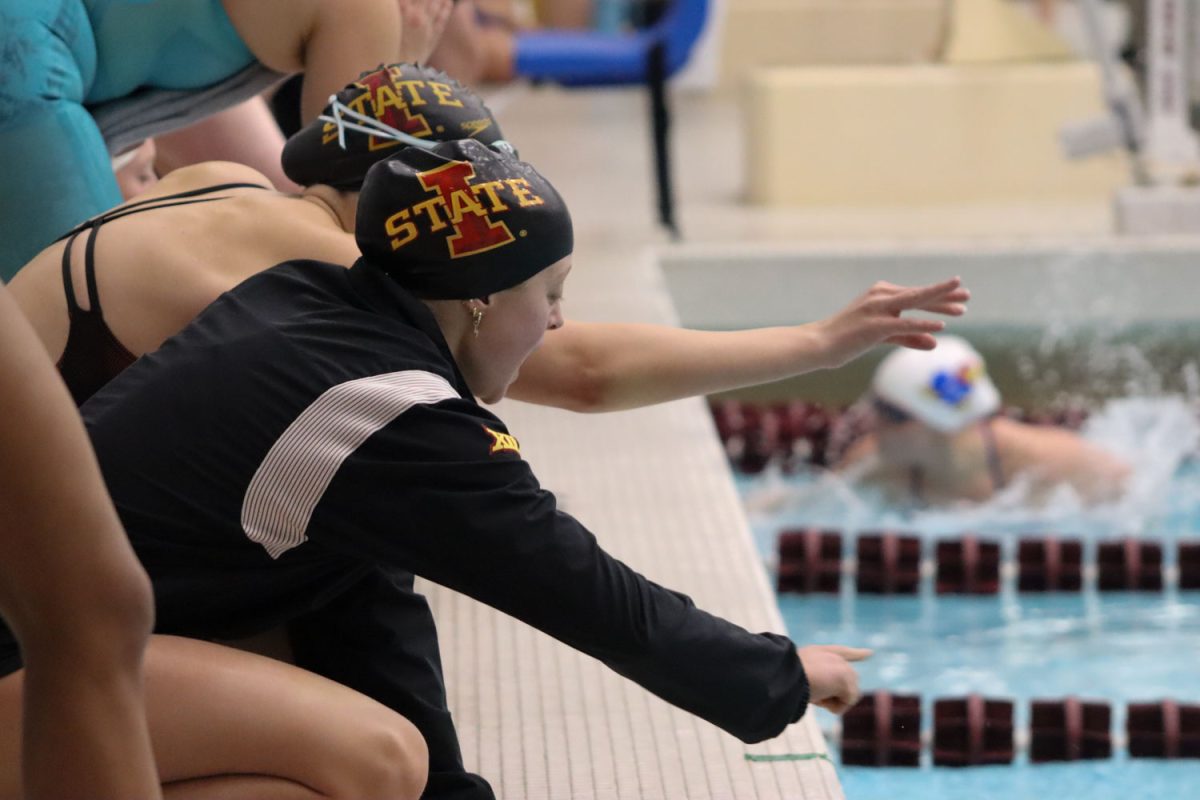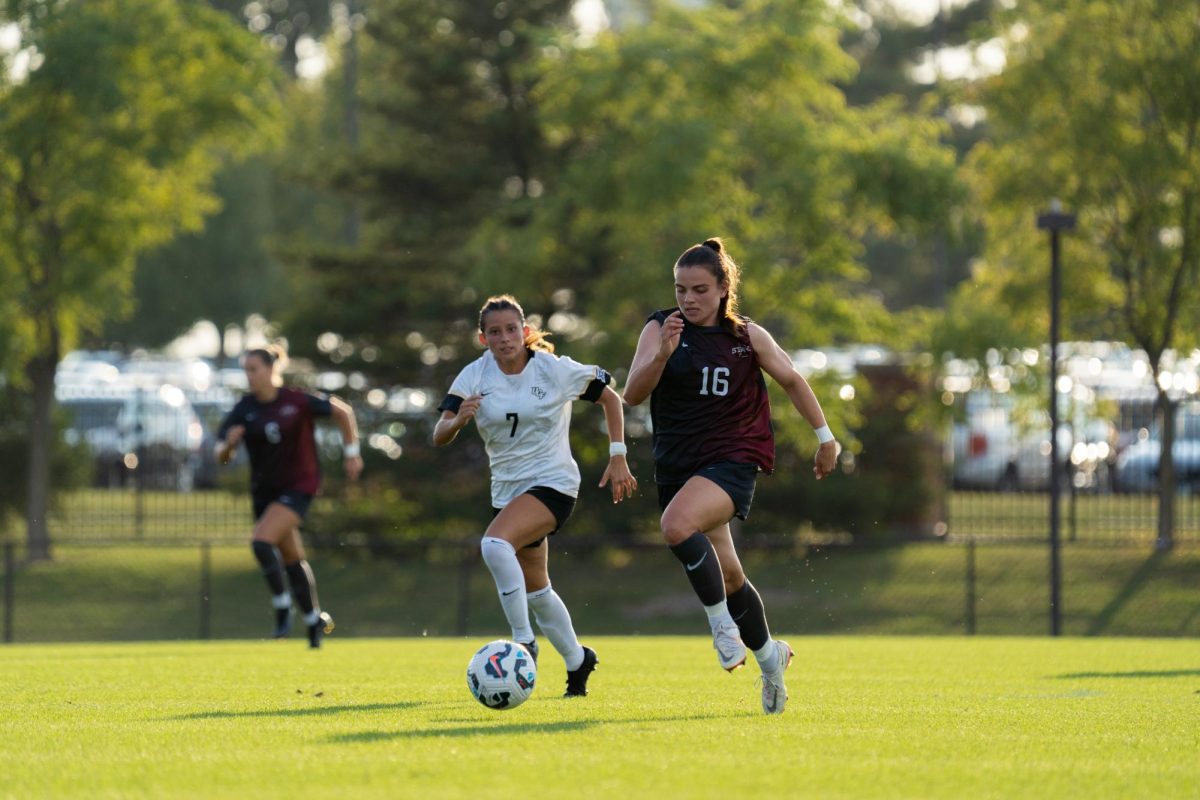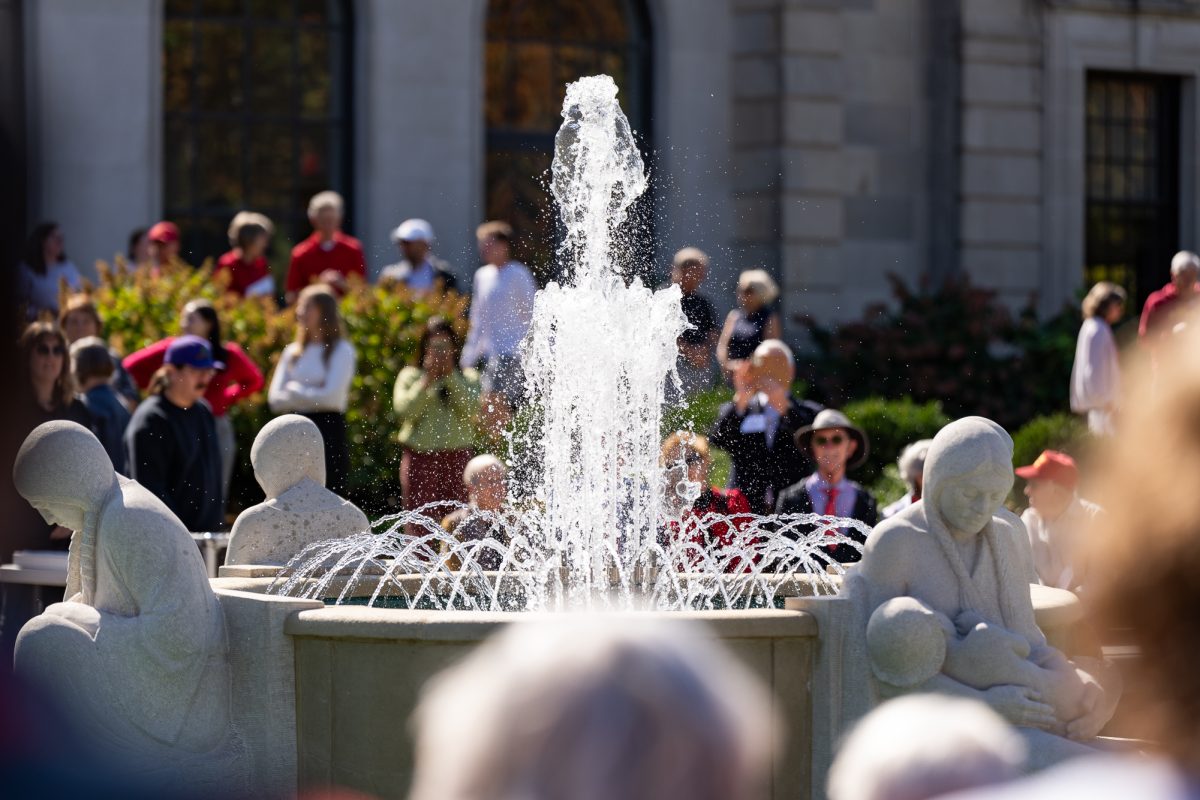ISU students, professors concerned about violence in East Timor
September 15, 1999
Recent violence in East Timor after independence elections has many Iowa State international students and professors concerned about the region.
Former President of the Indonesian Student Association at ISU, Andriana Ekahastuti, said East Timor, which voted in late August to separate from Indonesia, is an area where human rights have been abused for years.
Ekahastuti, senior in landscape architecture from Jakarta, gave two different reasons for the strive for independence by East Timorese.
First, she said, the East Timorese want to lead lives like those of the Portugese, since East Timor was a Portuguese colony before being invaded by Indonesia in 1975.
Second, East Timorese were never interested in being part of Indonesia; they have been forced to be a part of the country the whole time, she said.
Despite the East Timor vote in a U.N.-supervised referendum in late August, pro-Indonesia militants have been setting houses ablaze and firing rocket-propelled grenades and bazookas since the announcement of the preliminary results of the referendum.
Some students think the Indonesian government should have been more proactive in keeping the peace in East Timor.
“I think that they should’ve had the elections and then have someone stand up for the results,” said Susan Schommer, graduate student in veterinary microbiology.
However, Steffen Schmidt, university professor of political science, said violence in East Timor might be inevitable.
“Violence is part of the way people interact with each other,” he said.
Schmidt said militias are resisting East Timor’s independence primarily because Indonesia doesn’t want its country to fall apart.
But the situation may be improving.
On Sunday, Indonesian President B.J. Habibie announced he would allow U.N. troops in East Timor, “to restore security and to bring peace to the populous,” according to coverage by The Associated Press.
Schmidt said this was an important step for Habibie to take because he, “doesn’t have the unanimous support of the people.”
He said Habibie’s political future could be at risk if he proved unable to resolve the conflict in East Timor.
Stephen Pett, associate professor of English, said the prospect of U.N. troops in East Timor sounds promising.
He said he believes there is no alternative other than U.N. involvement to accomplish the peacekeeping mission.
Schommer was less optimistic about U.N. involvement.
“[The United Nations] has no actual power to enforce anything,” she said.
“There’s rarely a simple solution that works.”
Noor Salem, a student from the United Arab Emirates and sophomore in chemical engineering, agreed.
“They’re going to find a hard time finding a solution,” she said. “This is the era of violence [in East Timor].”






